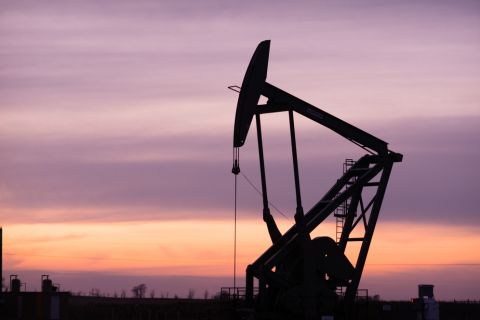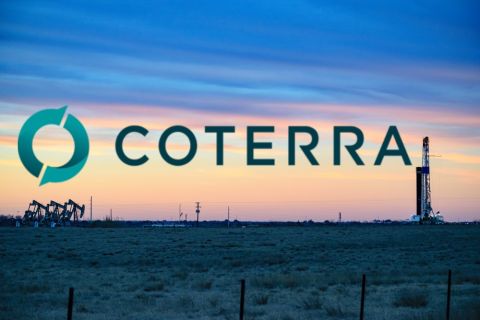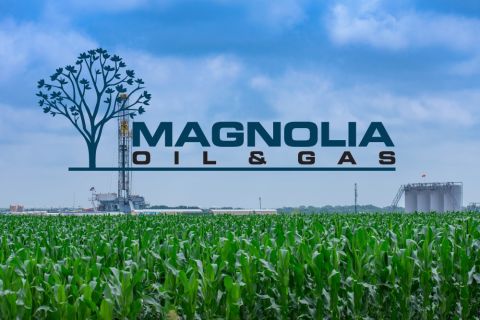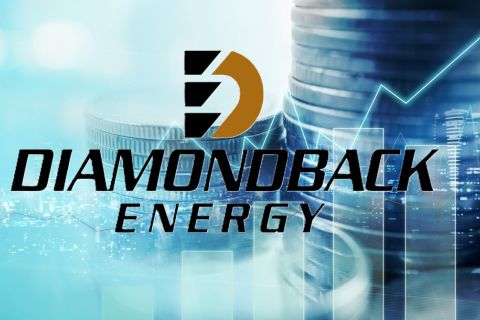BP Plc boosted its dividend and share buybacks after beating expectations with a $2.8 billion second-quarter profit powered by higher oil prices and recovering demand.
The strong results, underpinned by higher sales at petrol stations, bolster BP’s plan to shift away from oil and gas to renewable and low-carbon energy in an effort to battle climate change, CEO Bernard Looney told Reuters.
“The strengthening of the balance sheet and the excess cash flow allow us to prosecute our agenda around the energy transition,” Looney said.
BP shares were up 2.7% by 0754 GMT versus a 1.15% gain for the broader European energy index.
Rivals including Royal Dutch Shell Plc, TotalEnergies SE and Chevron Corp. also boosted shareholder returns last week, reflecting a recovery from the pandemic which saw energy demand plummet.
BP increased its dividend by 4% to 5.46 cents after it was halved to 5.25 cents in July 2020 for the first time in a decade.
BP also plans to repurchase $1.4 billion in shares in the coming months after generating surplus cash of $2.4 billion in the first half of the year, it said.
In April, BP launched a $500 million buyback plan to offset dilution from an employee share distribution program.
Looney said in a statement that the measures were possible due to a stronger performance as well as “an improving outlook.”
BP expects global oil demand to recover to pre-pandemic levels sometime in the second half of 2022.
BP’s underlying replacement cost profit, the company’s definition of net earnings, reached $2.8 billion in the second quarter, beating the $2.15 billion expected by analysts.
That was up from $2.63 billion in the first quarter and marked a rebound from a loss of $6.68 billion a year earlier.
The results were also due to stronger demand for fuel, including aviation fuel, as well as higher profit margins at convenience stores in BP’s petrol stations, it said.
BP’s net debt fell dropped to $32.7 billion from $40.1 billion.
Stronger Outlook
BP said it has increased its price forecast for benchmark Brent crude oil to 2030 to reflect expected supply constraints, while also lowering its longer-term price forecast because it expects an acceleration in the transition to renewable energy.
As a result, the company increased the pre-tax value of its assets by $3 billion. That comes after write-downs of more than $17 billion last year.
The company said at an oil price of $60/bbl, it expects to be able to buy $1 billion in shares and boost its dividend by 4% annually through 2025.
Brent oil prices rose in the second quarter to an average of $69/bbl from $61 in the previous quarter and from $29.56 a year earlier.
Recommended Reading
Hess Corp. Boosts Bakken Output, Drilling Ahead of Chevron Merger
2024-01-31 - Hess Corp. increased its drilling activity and output from the Bakken play of North Dakota during the fourth quarter, the E&P reported in its latest earnings.
Petrie Partners: A Small Wonder
2024-02-01 - Petrie Partners may not be the biggest or flashiest investment bank on the block, but after over two decades, its executives have been around the block more than most.
CEO: Coterra ‘Deeply Curious’ on M&A Amid E&P Consolidation Wave
2024-02-26 - Coterra Energy has yet to get in on the large-scale M&A wave sweeping across the Lower 48—but CEO Tom Jorden said Coterra is keeping an eye on acquisition opportunities.
CEO: Magnolia Hunting Giddings Bolt-ons that ‘Pack a Punch’ in ‘24
2024-02-16 - Magnolia Oil & Gas plans to boost production volumes in the single digits this year, with the majority of the growth coming from the Giddings Field.
Endeavor Integration Brings Capital Efficiency, Durability to Diamondback
2024-02-22 - The combined Diamondback-Endeavor deal is expected to realize $3 billion in synergies and have 12 years of sub-$40/bbl breakeven inventory.





